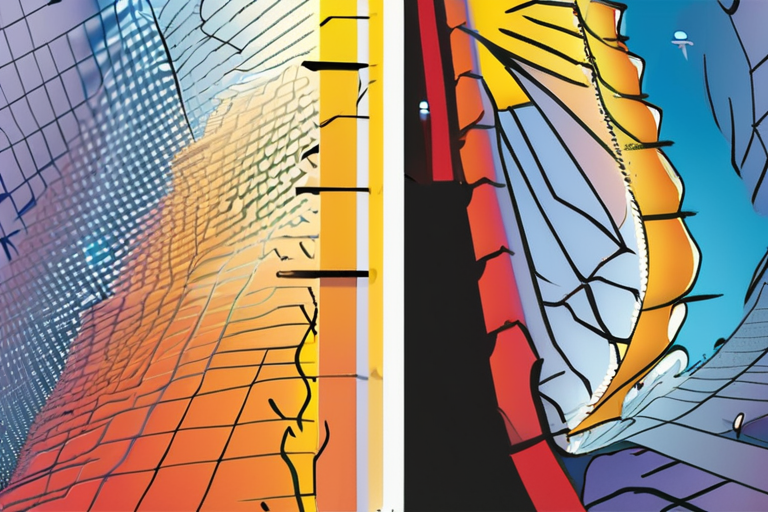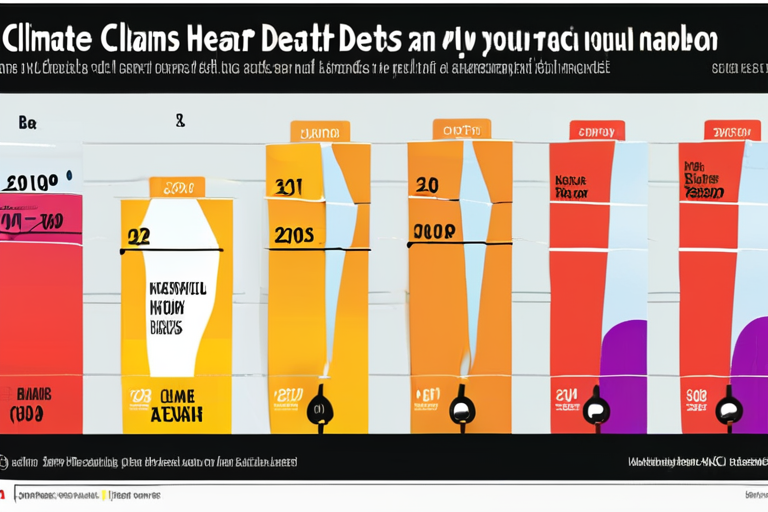Breaking News: Extreme Temperature Deaths on the Rise, Researchers Uncover New Insights
A staggering 47,000 heat-related deaths occurred in Europe in 2023, with climate change projected to add an extra 2.3 million European heat deaths this century. In response, researchers worldwide are revising the rules on thermoregulation, shedding light on the science of keeping warm or cool in extreme conditions. Their findings have significant implications for how we survive in a rapidly changing world.
Researchers estimate that climate change could lead to a substantial increase in heat-related deaths in Europe, with the number of fatalities projected to rise by 2.3 million this century. This alarming trend has prompted scientists to investigate the mechanisms behind thermoregulation, with a focus on identifying the critical thresholds between uncomfortable and deadly temperatures.
Immediate action is being taken to address the crisis. Governments and health organizations are working together to develop new guidelines for mitigating the effects of extreme temperatures. This includes the development of heat-resistant materials, improved ventilation systems, and enhanced public awareness campaigns.
The science behind thermoregulation is complex, but researchers have made significant progress in recent years. Studies have shown that the human body's ability to regulate temperature is influenced by a range of factors, including age, sex, and physical activity level. By understanding these factors, scientists can develop more effective strategies for preventing heat-related illnesses.
As the world continues to grapple with the challenges of climate change, researchers are working tirelessly to develop new technologies and strategies for mitigating the effects of extreme temperatures. This includes the development of advanced cooling systems, such as wearable devices that can regulate body temperature, and innovative building designs that can reduce the risk of heat-related illnesses.
Meanwhile, a separate investigation has revealed that whales are dying at an alarming rate, but the cause is not wind turbines as previously thought. In fact, research suggests that noise pollution from human activities, such as shipping and construction, is a major contributor to the decline of whale populations. This finding has significant implications for the development of sustainable energy solutions and the need for more effective noise reduction technologies.
In a related development, a new study has highlighted the potential of wind turbines to support marine life. Researchers have discovered that the presence of wind turbines can actually increase the diversity of marine species, providing a habitat for fish and other marine life. This finding has significant implications for the development of offshore wind farms and the need for more sustainable energy solutions.
The intersection of technology and the environment is a complex and rapidly evolving field. As researchers continue to uncover new insights into the science of thermoregulation and the impact of human activities on the environment, we can expect to see significant advancements in the development of sustainable technologies and strategies for mitigating the effects of climate change.



























Share & Engage Share
Share this article